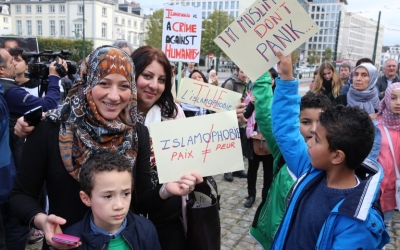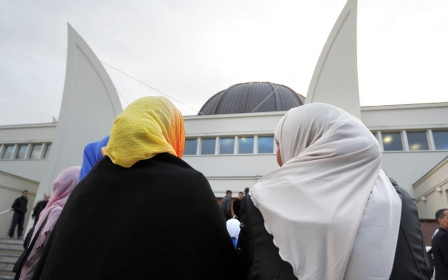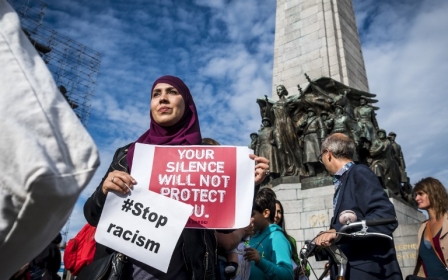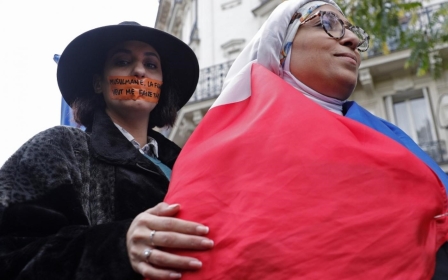Europe court rules employers can ban hijab in the workplace
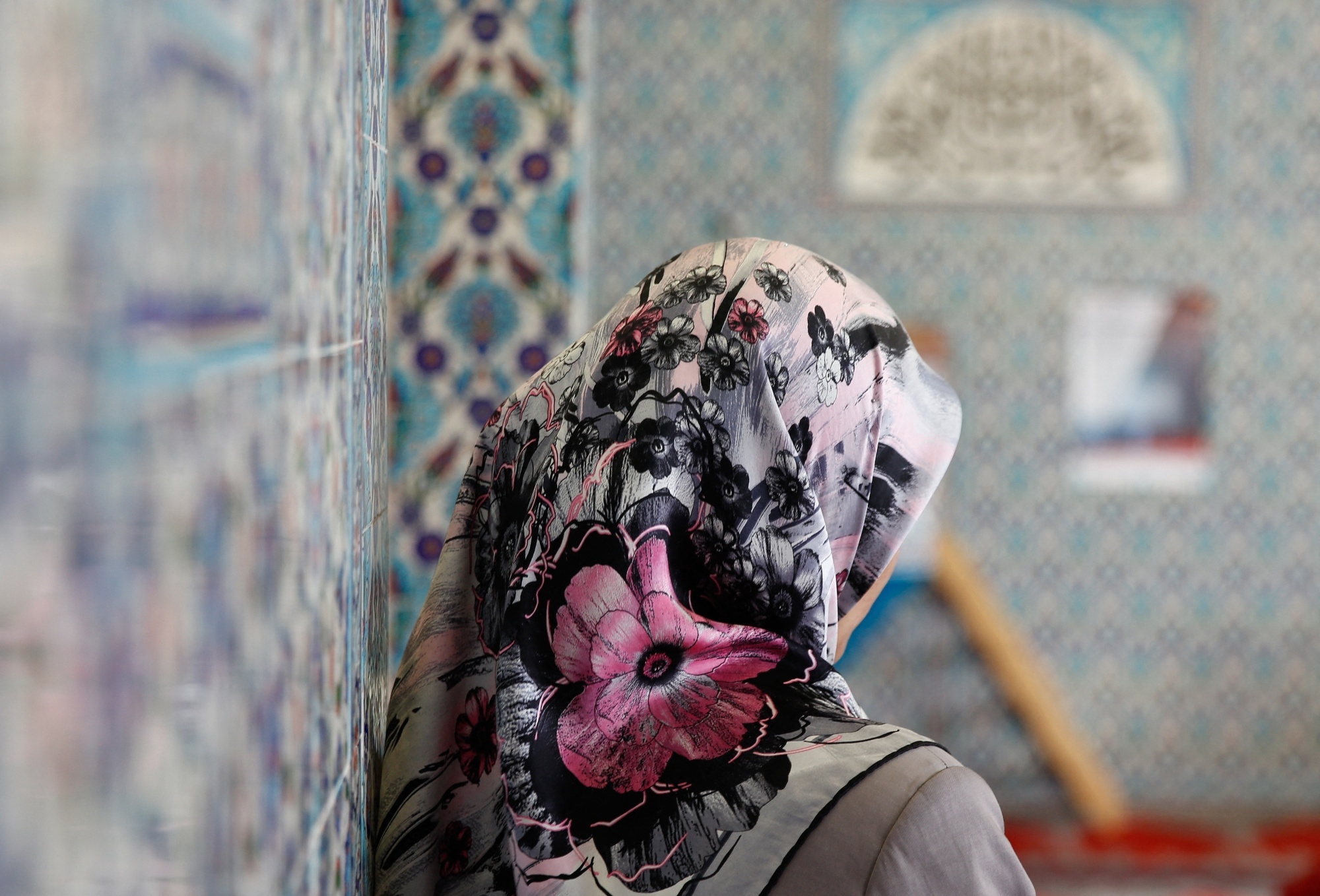
Employers can in principle ban staff from wearing hijabs in the workplace, a European Union (EU) court ruled Thursday in two cases brought by Muslim women working in Germany.
A ban on religious symbols such as headscarves "may be justified by the employer's need to present a neutral image towards customers or to prevent social disputes", the European Court of Justice (ECJ) said in a statement.
The employer must nonetheless show it is not discriminating between different beliefs and religions in its policy, the court said.
The two women, a cashier in a chemist and a special needs carer, had taken their cases to German courts after being prohibited from wearing the hijab at work.
The German courts had then referred the cases to the ECJ for an interpretation of EU law.
New MEE newsletter: Jerusalem Dispatch
Sign up to get the latest insights and analysis on Israel-Palestine, alongside Turkey Unpacked and other MEE newsletters
The woman working at the chemist had been employed there since 2002 and had initially not worn a headscarf, but had wanted to begin wearing one after returning from parental leave in 2014.
However, the chemist instructed her to come to work "without conspicuous, large-sized signs of any political, philosophical or religious beliefs", the ECJ said.
The second woman was employed in 2016 as carer at a non-profit association and had initially worn a hijab at work.
She too went on parental leave, during which time the association issued a policy prohibiting the wearing of visible signs of political, ideological or religious conviction in the workplace for employees with customer contact.
After returning from parental leave, she refused to remove her hijab, which resulted in several warnings and eventually in her being dismissed.
National courts must examine in each individual case whether company rules are compatible with national laws on religious freedom and the need for a "policy of neutrality", the ECJ said.
There must be "a genuine need on the part of the employer" for such a policy, it said, and it must also not go against "national provisions on the protection of freedom of religion".
Activists and rights groups have long expressed concern that an intense focus on the hijab - often under the guise of policies prohibiting “ostentatious religious symbols” - across Europe was a symptom of normalised Islamophobia in some EU countries.
In 2019, the United Nations Human Rights Committee found that France's niqab ban violated human rights.
Middle East Eye delivers independent and unrivalled coverage and analysis of the Middle East, North Africa and beyond. To learn more about republishing this content and the associated fees, please fill out this form. More about MEE can be found here.


